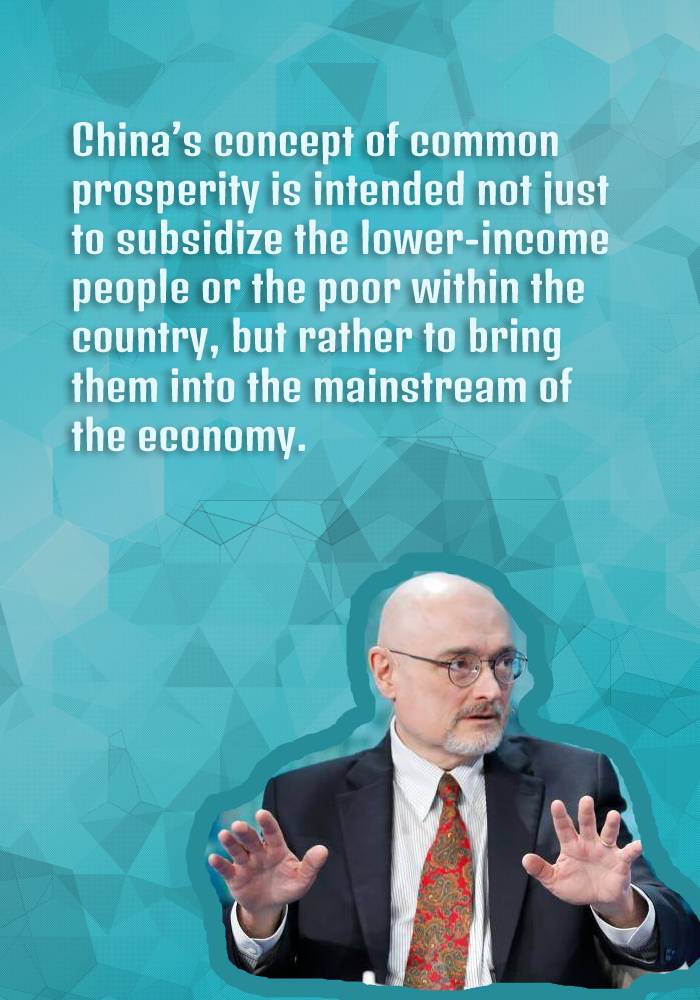

China’s concept of common prosperity is intended not just to subsidize the lower-income people or the poor within the country, but rather to bring them into the mainstream of the economy, said Michael R. Powers, Professor of Finance at Tsinghua University in an exclusive interview with Guangming Online.
During the interview, Powers emphasized the potential of rural human capital in stepping up China’s economic growth in the aftermath of China’s success in poverty alleviation.
“China is a very large country,” said Powers,“and despite some concerns about the aging of the population, the fact is that there are many citizens living in rural agricultural areas, whose talent have not so far been fully utilized.” China’s strategy of rural revitalization will be tapping into this exact potential of human capital in rural areas.

According to Powers, when the large amount of population living in China’s rural areas take full part in China’s national economy, it can lead to great economic benefits for the country, alleviating pressures imposed by aging problems and rural exodus, which disturb not only China but also many other countries in the world. “The economy in their local areas will be improved, and they can work in those areas and contribute to the economy from there,” Powers explained. He added that the balance that could be struck by this strategy is attractive in terms of not only equity and ethics, but also economic substance.

点击右上角![]() 微信好友
微信好友
 朋友圈
朋友圈

请使用浏览器分享功能进行分享
